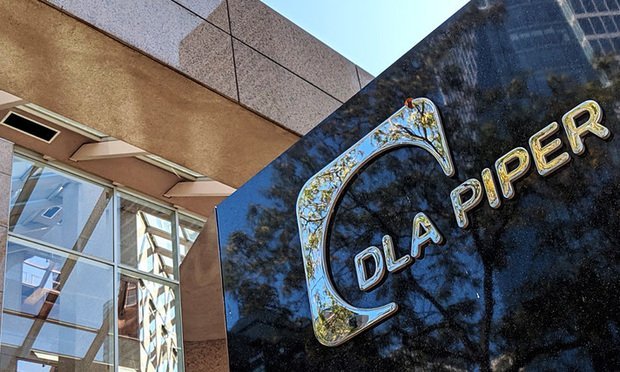Now Reading: Understanding Bail in Canada
-
01
Understanding Bail in Canada

Understanding Bail in Canada
In the Canadian legal system, bail is a critical mechanism ensuring that individuals accused of crimes can remain free while awaiting trial, provided they comply with specific conditions. When someone is arrested, they may not automatically be granted release and may require the assistance of a criminal lawyer to secure their bail. The role of a criminal lawyer in Vaughan, Canada or any other Canadian city is multifaceted, involving legal expertise, strategic planning, and effective advocacy.
Initial Consultation and Assessment
The first step a criminal lawyer takes is to conduct an initial consultation with the accused. During this meeting, the lawyer assesses the details of the case, including the nature of the charges, the evidence against the accused, and any prior criminal record. This assessment is crucial for developing a strategy for the bail hearing. The lawyer also explains the bail process, potential outcomes, and the conditions that might be imposed upon release.
Preparing for the Bail Hearing
Preparation for the bail hearing is a critical phase where the lawyer’s expertise is invaluable. This involves gathering evidence that supports the accused’s release, such as proof of employment, stable residence, and community ties. The lawyer may also collect character references and other documents demonstrating the accused’s reliability and low risk of reoffending or fleeing.
Additionally, the lawyer prepares a detailed bail plan, outlining how the accused will adhere to the conditions of their release. This plan might include supervision by a surety (a person who agrees to take responsibility for the accused), regular check-ins with authorities, and restrictions on travel or communication.
Representing the Accused at the Bail Hearing
During the bail hearing, the criminal lawyer represents the accused, presenting arguments to persuade the judge or justice of the peace to grant bail. The lawyer addresses several key points:
- Flight Risk: The lawyer argues that the accused is not a flight risk, emphasizing their ties to the community, stable employment, and family connections.
- Public Safety: The lawyer must convince the court that the accused does not pose a threat to public safety. This is often supported by the bail plan and character references.
- Legal Rights: The lawyer ensures that the accused’s legal rights are upheld throughout the hearing, challenging any procedural errors or violations of rights that may occur.
Negotiating Bail Conditions
If the court is inclined to grant bail, the criminal lawyer plays a crucial role in negotiating the conditions of release. These conditions must balance the interests of justice with the accused’s right to freedom. The lawyer advocates for reasonable and manageable conditions, such as curfews, geographical restrictions, or mandatory counseling, ensuring they are not overly restrictive or punitive.
Post-Bail Hearing Support
Once bail is granted, the criminal lawyer continues to support the accused by ensuring they understand and comply with all bail conditions. Non-compliance can result in bail being revoked and the accused being re-arrested. The lawyer may also assist in modifying bail conditions if circumstances change, requiring further legal representation.
Conclusion
Securing bail is a complex and critical aspect of the criminal justice process in Canada. A criminal lawyer’s role is indispensable, providing legal expertise, strategic planning, and effective advocacy to ensure that the accused can await trial in the least restrictive environment possible. Through meticulous preparation, persuasive argumentation, and ongoing support, a criminal lawyer helps protect the rights and freedoms of individuals within the justice system.










